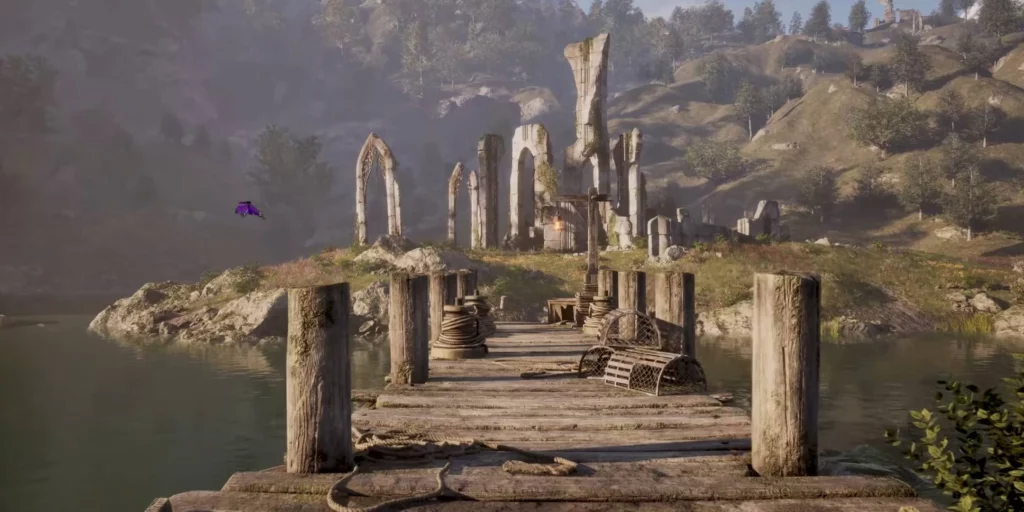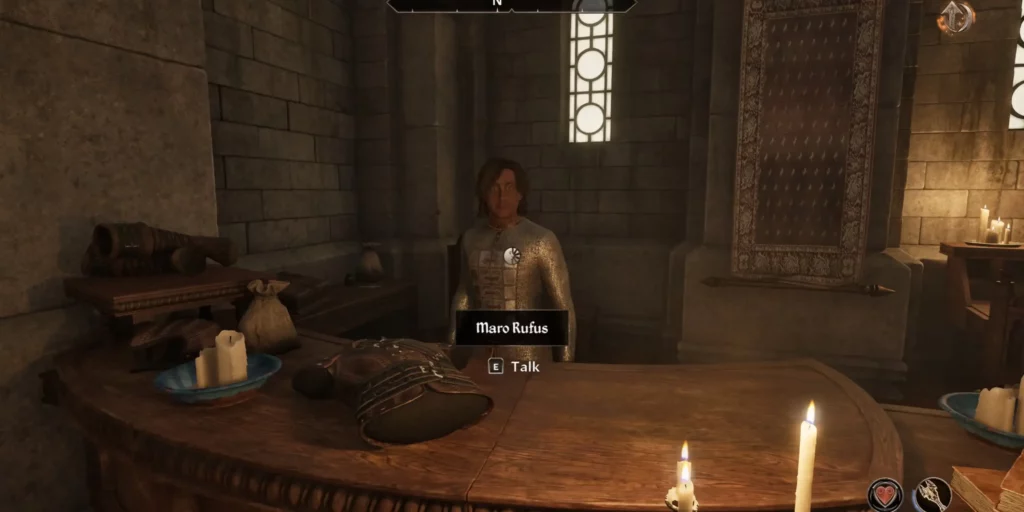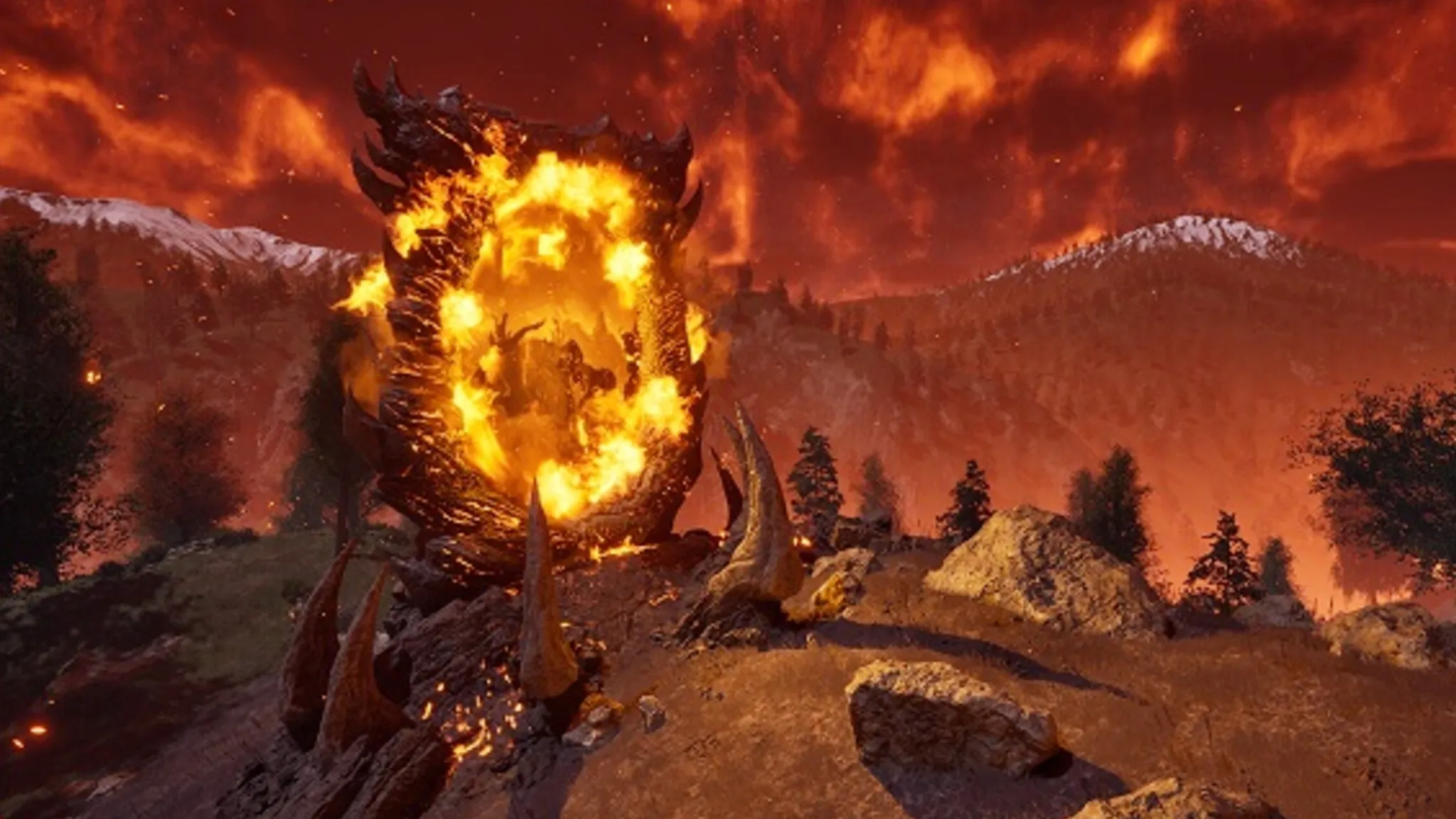The Elder Scrolls IV: Oblivion contains a wealth of gameplay mechanics and systems that are not immediately apparent to new players. Many critical features and elements can be overlooked during early exploration. Here is a comprehensive guide covering seven essential things the game does not clearly explain.
Character Origins Have a Lasting Impact
In the original 2006 release of Oblivion, character creation included subtle influences based on gender. For example, a male Argonian would receive an initial boost to Speed, while a female of the same race would begin with higher Intelligence. These details were not made obvious during the character setup.
In the 2025 remastered version, this system has been revised. Instead of gender affecting stats, each race now provides a choice between two distinct Origins. Each Origin includes hidden Attribute bonuses that are only visible when confirming the race selection. Carefully evaluating each Origin is essential, as these bonuses can significantly affect the character’s starting strengths.
Enemies Progress Alongside the Player
In Oblivion, increasing any Major Skill by ten levels enables the character to sleep and initiate a level-up. This mechanic allows the player to improve Attributes such as Magicka, Health, and Stamina. However, enemies in the game also scale with the player’s level, which can lead to increased difficulty if the leveling process isn’t managed properly.
It is possible to level up by focusing on non-combat skills like Acrobatics, Mercantile, or Athletics, which can lead to characters gaining levels without enhancing combat performance. Some players even exploit certain mechanics, such as repeated jumping or casting low-level spells, to level up quickly. However, neglecting combat skills in the process can result in being outmatched by stronger enemies.
To avoid this imbalance, it’s important to improve both combat and non-combat Major Skills. Mixing in combat-focused skills such as Blade, Marksman, or Destruction magic ensures the player remains effective in battles.
In the remastered edition, the leveling system has been improved. Players now have the ability to distribute exact points across up to three Attributes during each level-up, providing more strategic control over character development.

Vampirism Is a Real Threat
Combat encounters in Oblivion often bring the risk of disease. Unlike poisons, diseases negatively impact specific Attributes or Skills and require potions, shrines, or spells to cure. One of the most dangerous and easily overlooked diseases is Porphyric Hemophilia, which is contracted from vampires and their minions.
If not cured within three days, the character will contract Vampirism. Initially, Vampirism offers some benefits, including immunity to other diseases and paralysis, along with minor stat boosts. However, as it progresses, drawbacks appear—exposure to sunlight causes damage, and interactions with NPCs become strained or impossible.
A cure for Vampirism exists, but obtaining it requires effort and time. Unless the goal is to play as a vampire, carrying disease-curing potions and exercising caution in vampire-infested areas is highly recommended.
Fame and Infamy Influence the World
Oblivion quietly tracks Fame and Infamy throughout the game. These statistics influence how NPCs respond to the character, determine eligibility for certain quests, impact the ability to purchase homes in specific cities, and allow or prevent access to magical structures like Heaven Stones.
Fame is gained by completing main and side quests, while Infamy is acquired through criminal actions and progression through the Thieves Guild and Dark Brotherhood. Bounties also contribute to Infamy.
When Infamy exceeds Fame, the character is barred from using Altars of the Nine Divines found in city chapels. However, Fame can be increased by continuing questlines, and Infamy can be reset by completing the Knights of the Nine pilgrimage.
One unique item acquired from the Thieves Guild enables the character to adopt an alternate identity. While equipped, any Infamy gained is assigned to that persona, shielding the character’s main identity from its consequences.
Crimes Against Guild Members Have Consequences
Though it may seem obvious, committing crimes within a guild the player belongs to—such as stealing or attacking fellow members—results in immediate suspension. This rule applies across all guilds, including the Fighters Guild, Mages Guild, Arena, Thieves Guild, and Dark Brotherhood.
Reinstatement is possible but typically involves completing a task or paying a fine. Most guilds only allow up to three infractions before issuing a permanent expulsion, so repeated offenses carry serious consequences.
Choose Storage Locations Wisely
Managing inventory space is a challenge in Oblivion, especially early on. While it is possible to place items in any container, many of them reset periodically, causing stored items to disappear. Only specific containers are safe for permanent storage.
The best option is purchasing a house in one of Cyrodiil’s major cities. Even the small Shack on the Imperial City Waterfront provides secure storage. Until a house is acquired, the following locations offer safe alternatives:
- Weynon Priory Chest: After speaking with Jauffre early in the main quest, players gain access to a chest that safely stores items.
- Aleswell Inn Room: Completing the Zero Visibility side quest grants a permanent room with a personal Chest of Drawers.
- White Stallion Lodge: Earned through the Knights of the White Stallion questline in Leyawiin, the lodge’s containers are safe, although Mazoga the Orc may consume any food left there.

Merchants Reject Stolen Property
Items taken from others—marked by a red icon—are considered stolen, and most merchants will refuse to buy them. This includes stolen weapons, armor, and ingredients.
However, there are several ways to handle stolen goods:
- Thieves Guild Access: Joining the guild unlocks access to fences like Ongar the World-Weary in Bruma. He buys stolen goods, though his gold is limited. Higher guild ranks open access to more fences with greater buying power.
- Enchantment Method: Unenchanted weapons or armor can be enchanted once to erase the stolen tag.
- Potion Crafting: Stolen ingredients can be used to create potions, which lose their stolen status, making them marketable.
Smaller Stolen Items Yield Greater Rewards
When looting or pickpocketing, the most effective strategy is to prioritize items with high value-to-weight ratios. A lightweight gem worth a few gold pieces is often more valuable than a large, heavy weapon with a similar price.
In pickpocketing, the weight of an item affects the chances of success. Lighter items such as gold coins, keys, and alchemy ingredients are easier to steal, while heavier items like armor pose a greater risk.
Nevertheless, it is technically possible to steal a guard’s armor. Guards sleep in plain clothes, unequipping their gear. With enough stealth skill and bonuses, this high-risk theft can be achieved.
Understanding these lesser-known mechanics provides a strategic advantage in The Elder Scrolls IV: Oblivion. By recognizing and adapting to these hidden systems, players can navigate Cyrodiil more effectively and enhance their overall gameplay experience.
Also read our The Elder Scrolls IV: Oblivion review,
